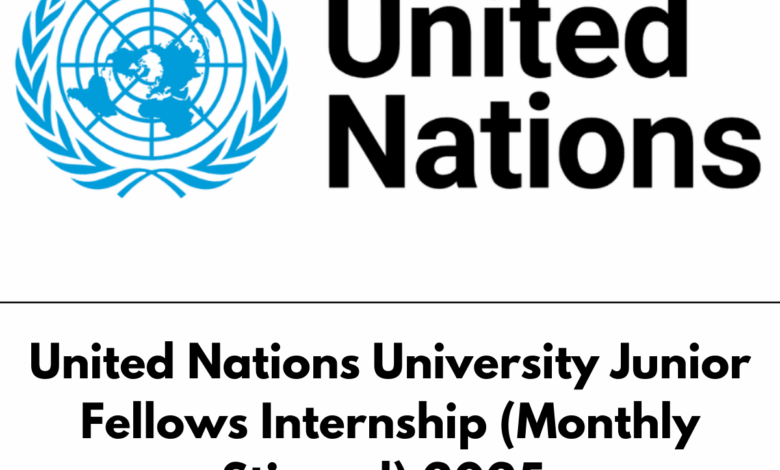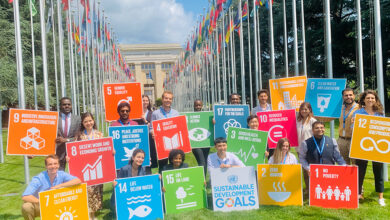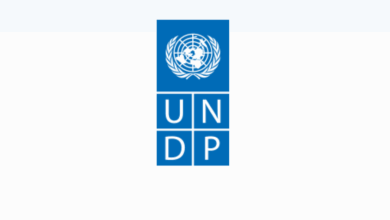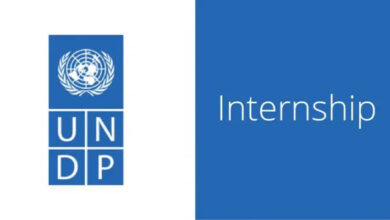
The United Nations University Junior Fellows Internship for 2025 offers an exciting opportunity for emerging professionals to engage in impactful research and policy development. With a monthly stipend, this internship provides hands-on experience in addressing global challenges related to sustainable development, peace, and human rights.
ALSO READ: IMF Senior Economist (3 Year Term) 2025.
As a Junior Fellow, you will collaborate with experienced researchers and contribute to innovative projects that advance the UN’s mission. This position is ideal for students or recent graduates passionate about making a difference in the world. Join us in shaping a better future through collaborative learning and research!
About United Nations University
For the past four decades, UNU has been a go-to think tank for impartial research on the pressing global problems of human survival, conflict prevention, development, and welfare. With more than 400 researchers in 13 countries, UNU’s work spans the full breadth of the 17 Sustainable Development Goals, generating policy-relevant knowledge to effect positive global change. UNU maintains more than 200 collaborations with UN agencies and leading universities and research institutions across the globe.
For more information, please visit http://unu.edu.
About Junior Fellows Internship Programme in the Office of the Rector
The United Nations University Office of the Rector recruits highly qualified applicants to work as Junior Fellows at the UNU headquarters in Tokyo. Junior Fellows are recruited through a competitive application process twice per year. Graduate students interested in the work of the United Nations — and in particular, UNU — are encouraged to apply.
The underlying principles of the Junior Fellows Internship Programme at the Office of the Rector are centred on creating a dynamic, challenging and rewarding experience for graduate level students and young professionals. Successful candidates will contribute to the work of the Office of the Rector, the United Nations University, and the UN system as a whole. The programme provides opportunities for the development of new skills and knowledge and is a unique and constructive setting for the practical application of capacities acquired through graduate studies.
The programme places a strong emphasis on the training, guidance, and hands-on experience that form the foundation of a successful and beneficial internship. The programme opens with a one-week orientation designed to familiarise junior fellows with UNU, their co-workers, facilities and the working processes within the Office of the Rector. The knowledge and practical experience gained will also be beneficial to those candidates seeking a career in the United Nations. Junior fellows at the Office of the Rector can expect to gain valuable work experience while contributing in meaningful ways to UNU’s mission.
Purpose
The purpose of the Junior Fellows Internship Programme at the Office of the Rector is:
- to promote interaction and dialogue between young scholars, professionals and UNU;
- to familiarise junior fellows with the activities of the Office of the Rector and the work of UNU;
- to provide opportunities for young professionals to gain in-depth, hands-on experience in a UN agency;
- to expose young professionals to an administrative working environment, and;
- to provide support to activities within the Office of the Rector.
Working Conditions
Running parallel to most university semesters, Junior Fellows are selected twice per year, once in May-June for the fall term and once in September-October for the spring term.
The spring term runs from late February to late August, and the fall term runs from late August to late February. Work is primarily on-site at the UNU headquarters in Tokyo, with some flexibility for remote work.
Please note that for the Fall 2025 term, applicants located BOTH in Japan and overseas will be considered regardless of their current location.
One successful applicant with French and English fluency may be selected to work on location at the UNU Office in Paris.
Junior Fellows work full time during the regular working hours of the University: 9:30–17:30, Monday to Friday.
Weekends and official UNU holidays are days off. In addition, Junior Fellows are entitled to 1.5 days of leave per month. When Junior Fellows work on-site, they are provided office space and facilities, as appropriate for their work. For remote work, Junior Fellows are expected to have access to a personal laptop or desktop with basic functionalities and internet for the duration of their internship. Junior Fellows receive a monthly stipend to help cover a portion of living costs, including transport to and from UNU headquarters located in Shibuya.
Junior Fellows enjoy free on-site and online access to the headquarters’ library and gym (as available) and have the unique opportunity to learn about, contribute to and provide assistance in organising conferences, lectures and academic forums and symposiums (offline and online) that take place throughout the year.
Stipend
Interns who are not in receipt of financial support from other sources such as universities or other institutions, will receive a stipend from UNU to partially subsidise their basic living costs for the duration of the internship (note: scholarships for academic studies will not be considered a source of financial support for the purposes of the internship stipend).
The monthly amount of the stipend will be determined for each duty station based on the stipend rates in effect. The stipend will be paid on a monthly basis and part-time internship arrangements are prorated accordingly.
Responsibilities
Participants in this programme have the opportunity to engage in a number of ongoing initiatives that provide a unique window into the working processes of the University. Junior Fellows support the work of the Office of the Rector in the following areas:
- administrative research and writing for institutional development: preparation of executive briefs on priority issues; background research and drafting of topical information briefs in support of internal policy development (i.e. related to the functioning of the University);
- planning: supporting the development of project management tools and systems;
- analysis: Use of analytical tools (including Microsoft Excel) to conduct internal analyses on university operations;
- in person and online event coordination: supporting the organisation of lectures, conferences, workshops, and other public events;
- meeting coordination: logistical support and minute taking;
- editorial support: proof-reading reports and copy editing;
- communication: preparation and dissemination of newsletters, event summaries, and other communication documents.




